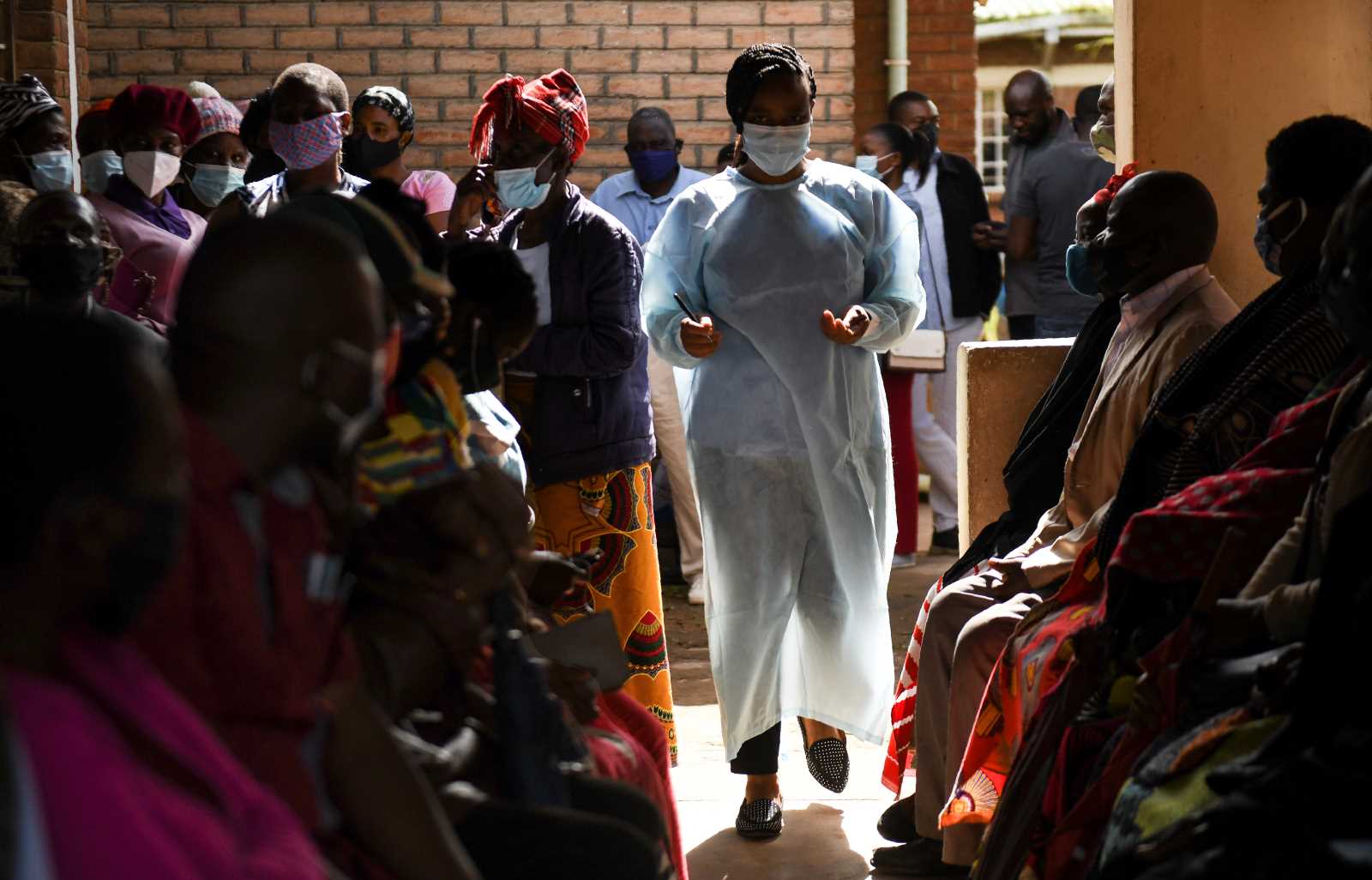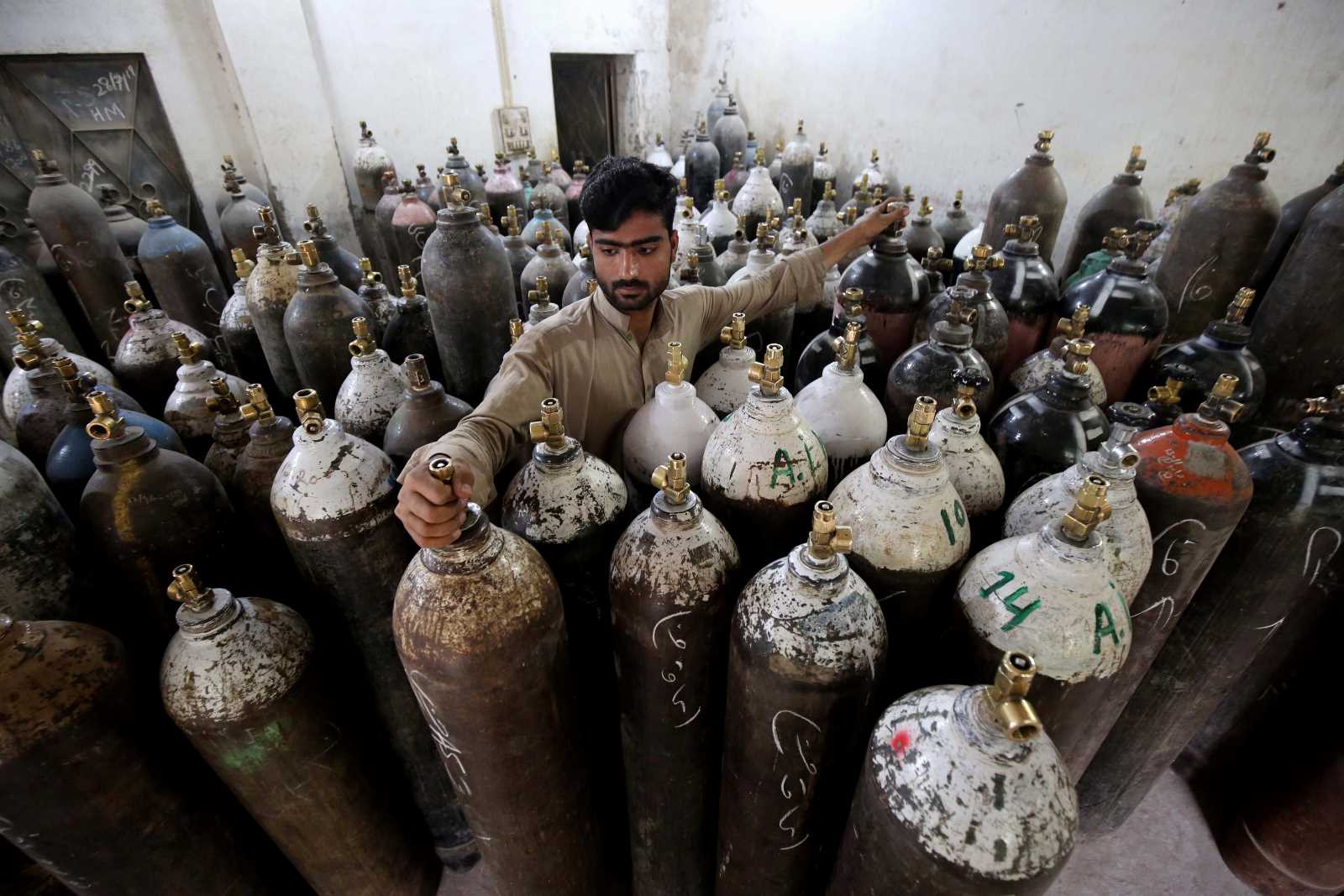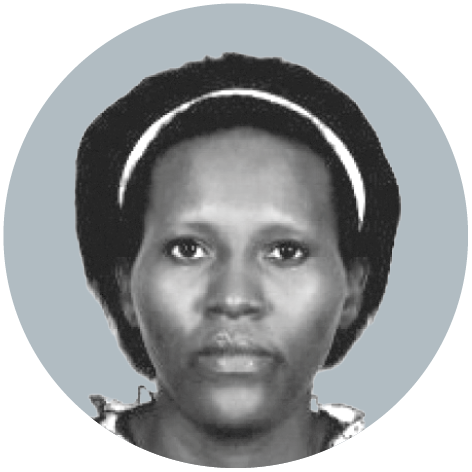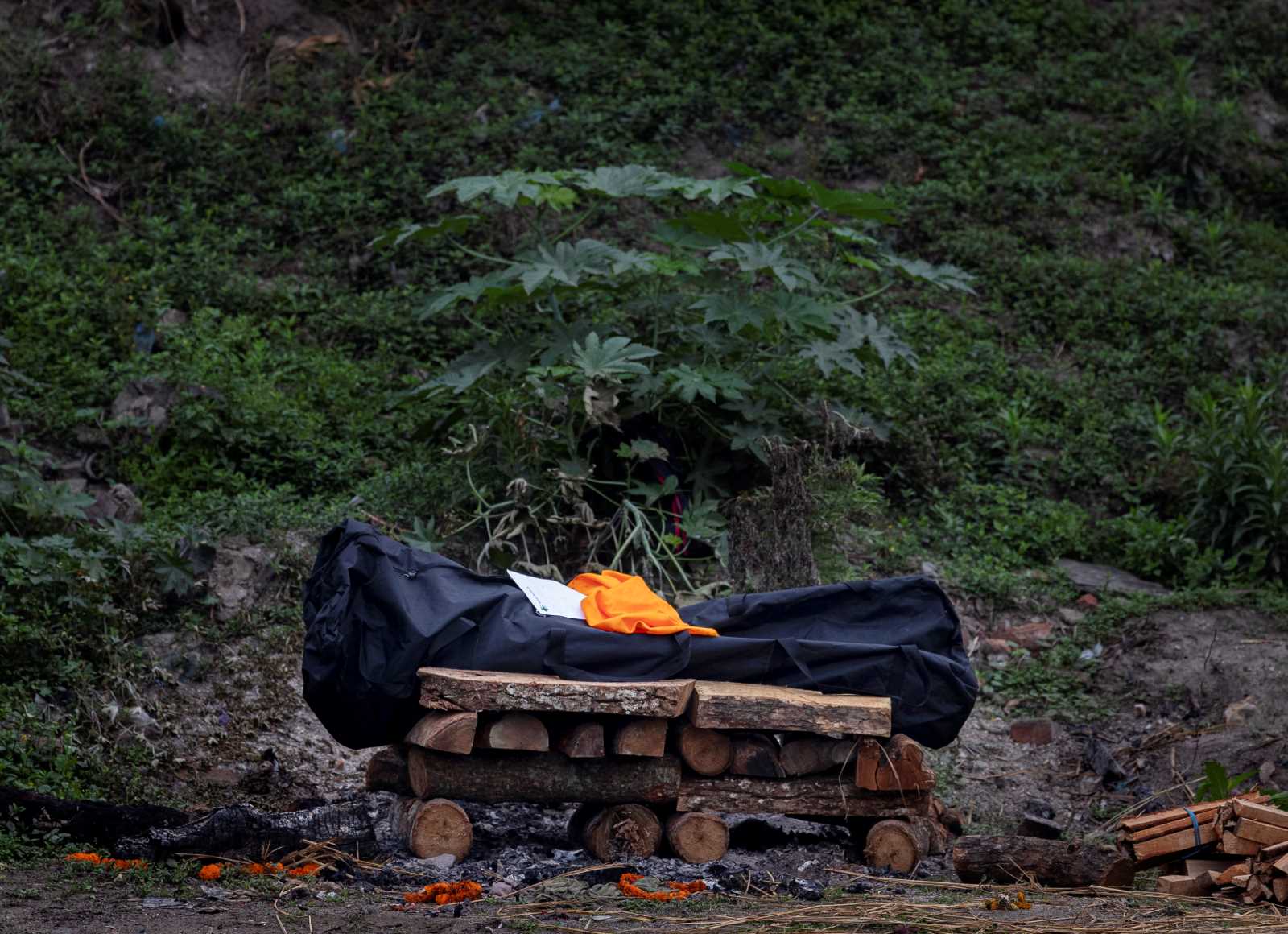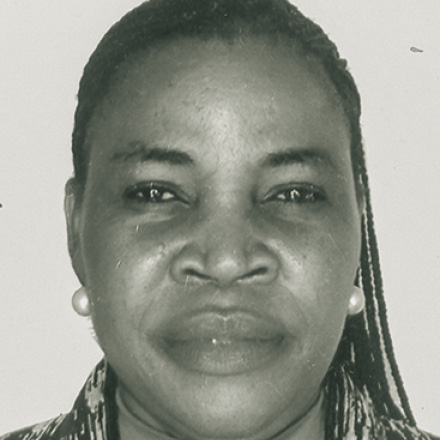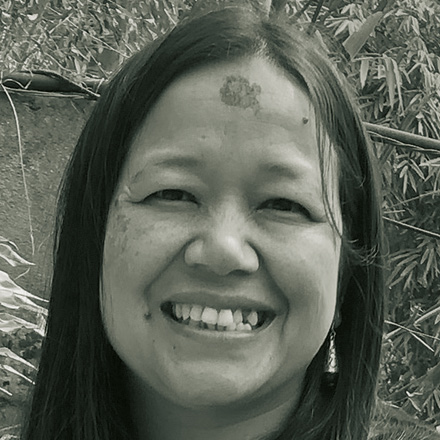Senior citizens
Homes for the elderly
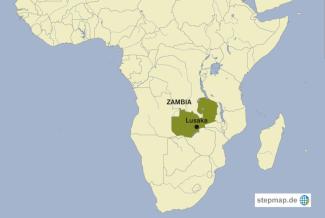
While the upkeep of old people’s homes in Zambia is borne by the civil-society organisations like the Salvation Army, the governmental Department for Social Welfare recommends senior citizens aged 60 or more for admission. Old people are in need of custody for various reasons. Some have been expelled from their communities accused of practicing witchcraft. Others have lost the children, who took care of them to HIV/AIDS. Some have disabilities; some are mentally challenged; some are simply poor. All of them need a place to stay. Most old people have no pensions since the social security system in Zambia is restricted to the few people who find formal employment.
Most of the residential homes for elderly citizens are in need of repair. They were built during British colonial rule. Electrical wiring, plumbing and even walls need to be fixed. But there are no sufficient funds to cover maintenance costs.
After independence, during first President Kenneth Kaunda’s government from 1964 to 1991, the state bore the major obligation to look after the aged. Things changed when President Frederick Chiluba’s government came to power in 1991. The economy was liberalised and residential homes that belonged to the municipal councils or the government were sold cheaply to sitting tenants in 1996. That was when the Mitanda Home for the Aged in Ndola was also sold to the Salvation Army for the equivalent of $ 100. The price was low because the Salvation Army had previously owned it, and because the church did extensive repairs.
Today, the facility accommodates 18 elderly men and women. It generates less revenues than it needs to cover all costs. Accordingly, some apartments that were meant for the elderly people have been rented out to others.
Kennedy Tandeo, the home’s accountant, says that the Salvation Army raises the equivalent of $4,200 for 35 apartments that are mostly being used by government workers. Most of that money is used to cover salaries, electricity costs, water bills and the rest is spent on food and medical services, he explains.
The Ndola-based home for the aged is affected by power rationing. The old men and women need to bath in warm water, however, so charcoal is used for heating water. Liane Newcombe, the home’s manager, would prefer another approach: “Zambia has plenty of sunshine – solar energy could be an alternative source of energy.” She would like to find donors willing to pay for a solar-power system that would solve all energy problems.
Humphrey Nkonde is a journalist and lives in Ndola, Zambia.
zpeopleandplaces@gmail.com
